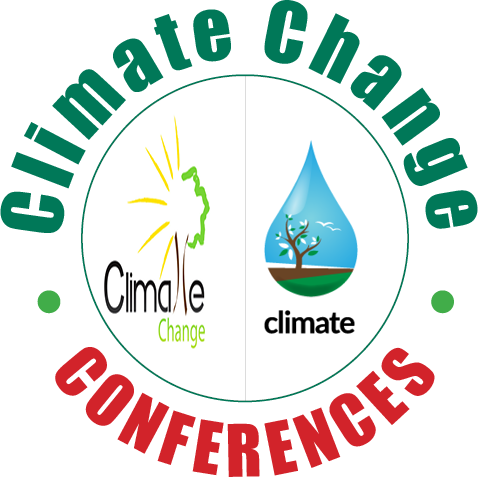
Biography
Biography: Joseph Tomain
Abstract
On December 12, 2015, 195 nations signed what has been hailed as an historic climate agreement. The agreement went into effect on November 4 this year with 116 signatories. Additionally, one year ago, the Obama administration initiated its Clean Power Plan (CPP), the first major federal effort to merge energy and the environment for the purpose of addressing climate change. Unfortunately, two events have conspired to slow down those efforts. First the CPP has been challenged in court and a decision is expected shortly. Second, he election of Donald Trump raises serious questions about a continued commitment to both efforts in no small part because of the persons he has announced as heading federal energy and environmental agencies.
The proposed presentation will address the status of federal climate efforts and will argue that although a transition to a clean future has been occurring for decades now, particularly at the state level, additional initiatives can be undertaken for a successful transition.
First, three preconditions must be satisfied: (1) federal leadership, both domestically and globally, will facilitate, but not end, the transition; (2) clean energy resources must be clearly defined and supported; and (3) the transition must be placed in its proper economic and political contexts. In this later regard, a clean power transition is not inimical to economic growth and, therefore, policies supporting competitive clean energy markets are necessary.
Once the preconditions have been specified, then the second element is that innovation must occur also along three dimensions; (1) federal innovation policy and funding must support clean energy technologies; (2) business innovations in the private sector must follow; and (3) supporting regulatory innovations must occur at the state and federal levels.
The transition to a clean power future that is brought about by innovations in technology, business practices, and regulations will lead to a new political narrative about energy and the environment. The new politics is more democratic in two ways. First, incumbent large-scale energy firms, that have long grown accustom to government regulatory and financial support, must recognize and accept the fact that the energy sector is becoming more competitive and, therefore, incumbent firms must participate in that sector with a variety of new entrants with new products and new technologies. Second, decision-making power over the energy future will shift away from large-scale incumbents to not only smaller new entrants but decision-making power will also shift from federal regulatory authorities to local and state actors and, ultimately, to consumers themselves. The increasing energy market competition, the expansion of choices available to consumers, and the development of new energy resources and products are all part of the democratization of energy.

